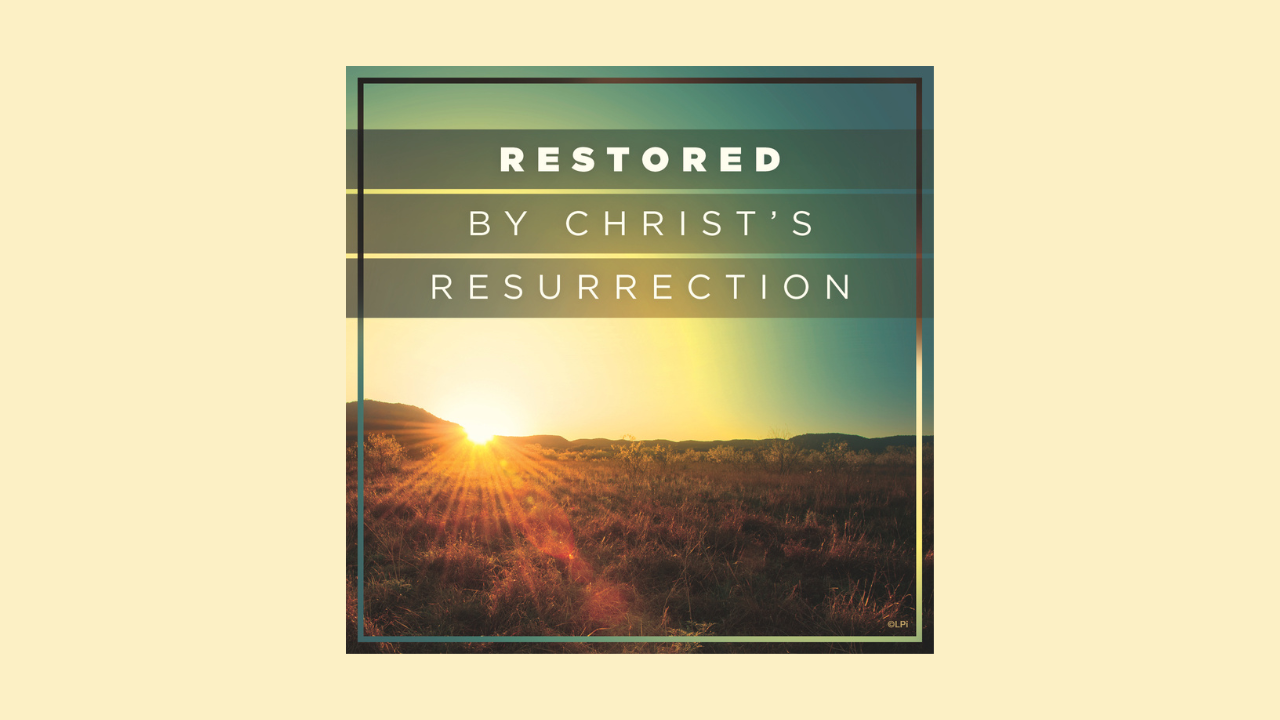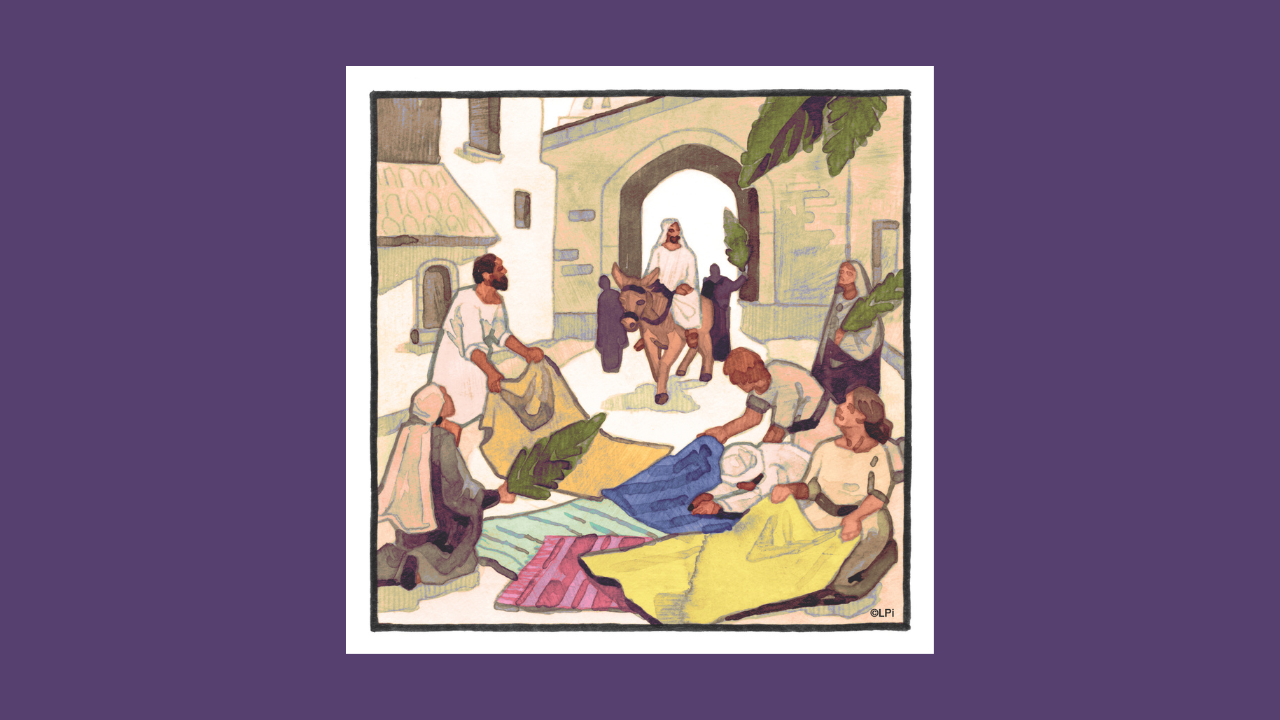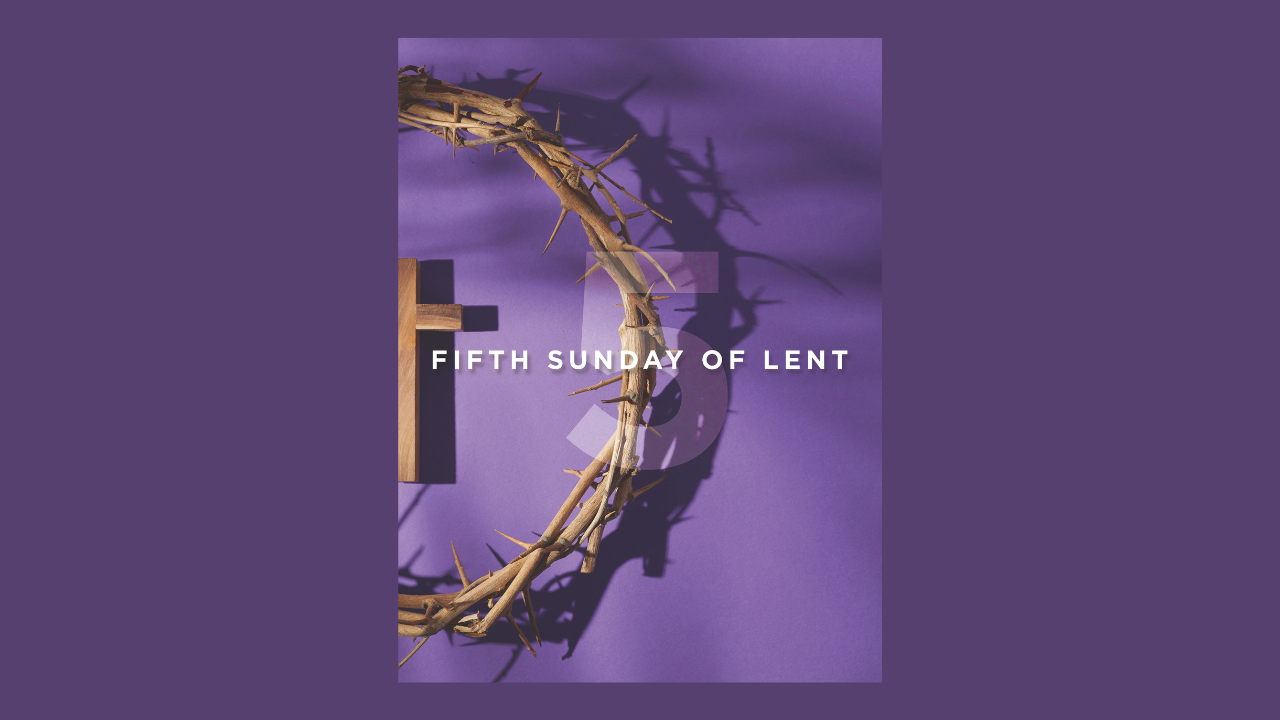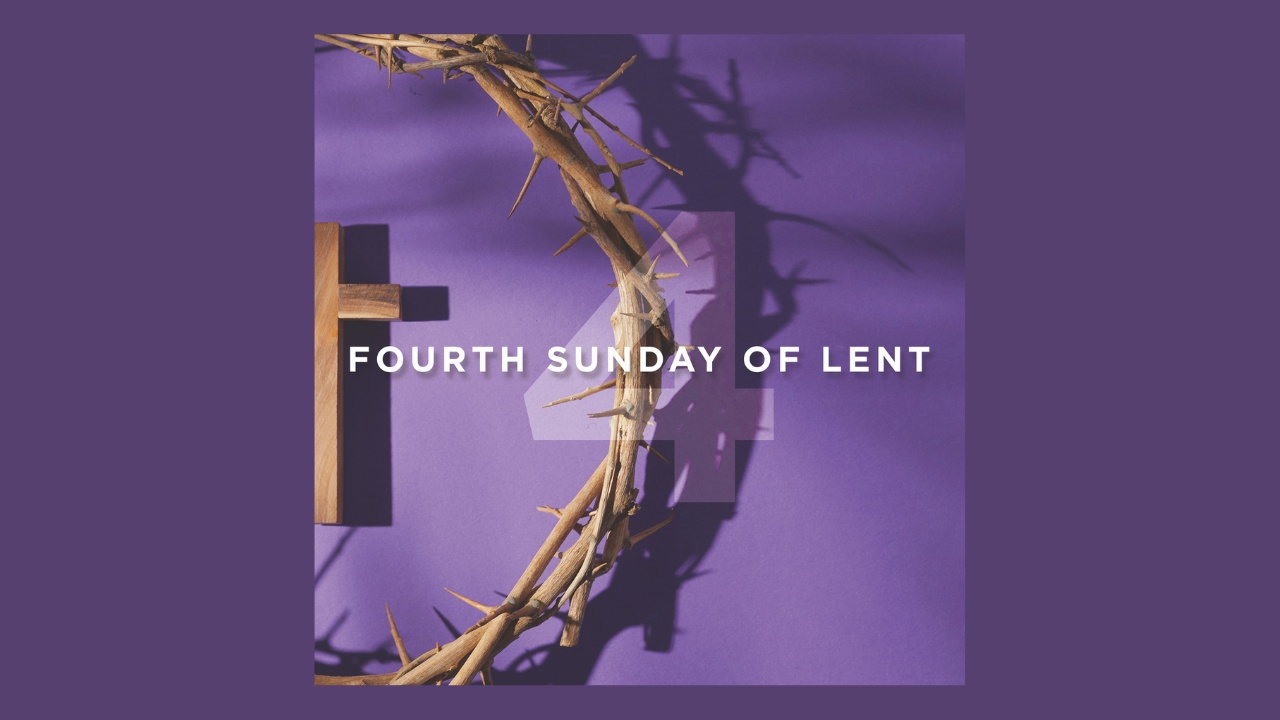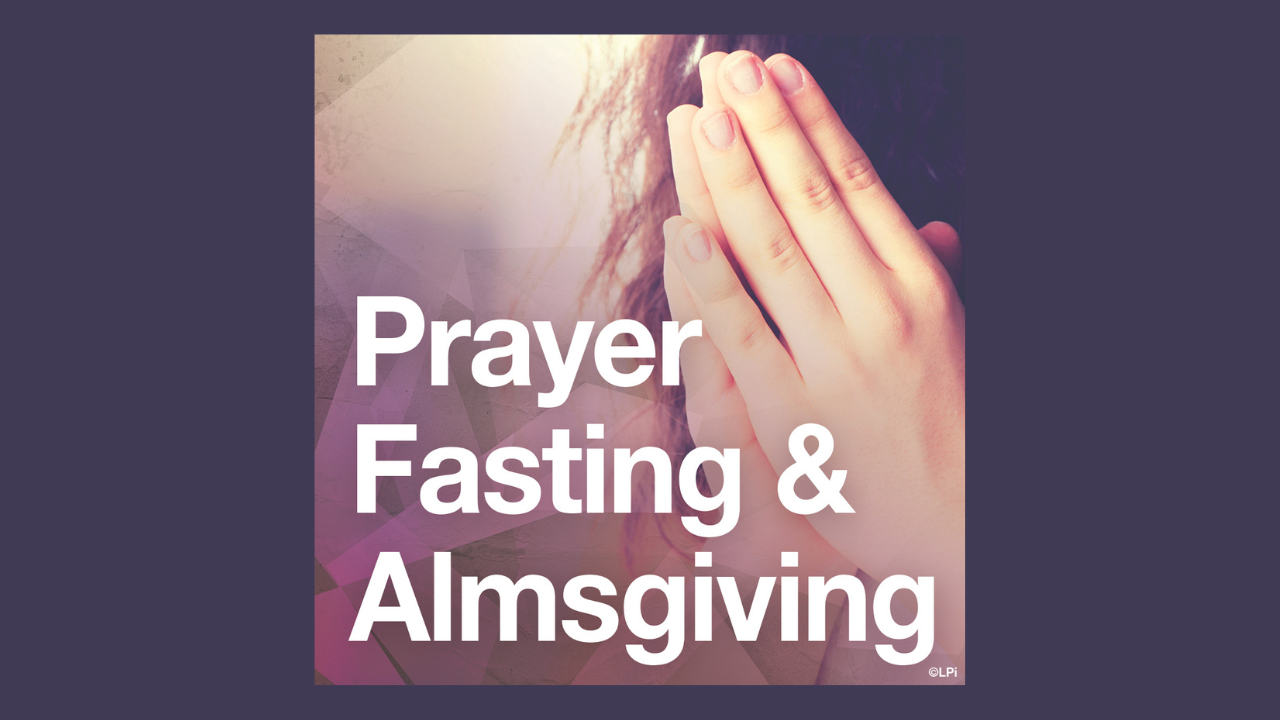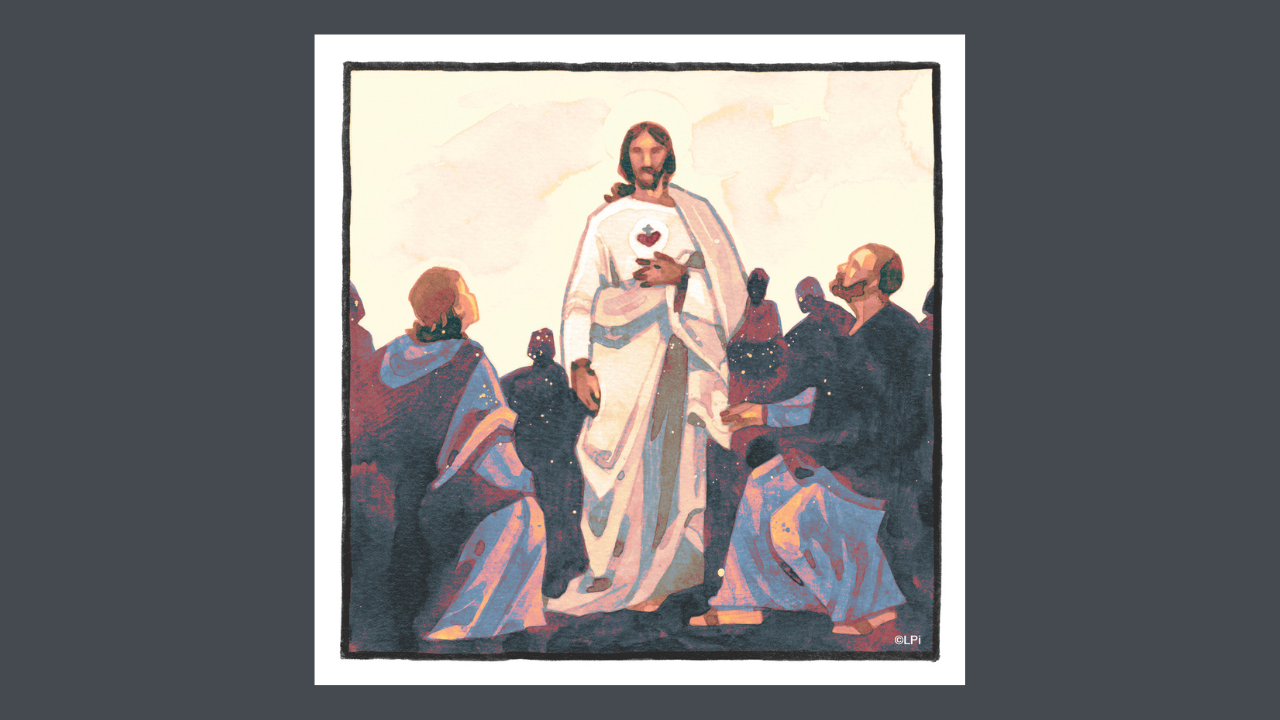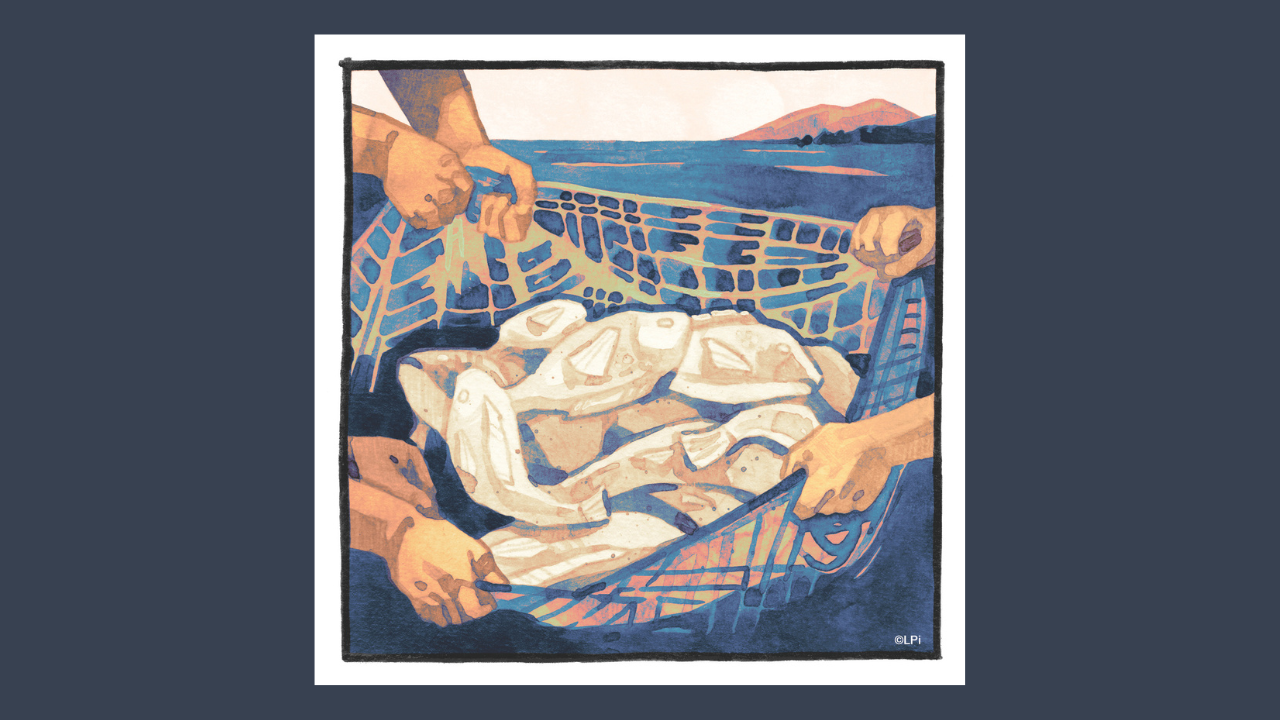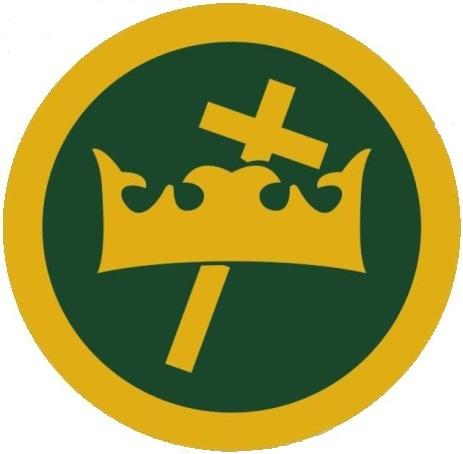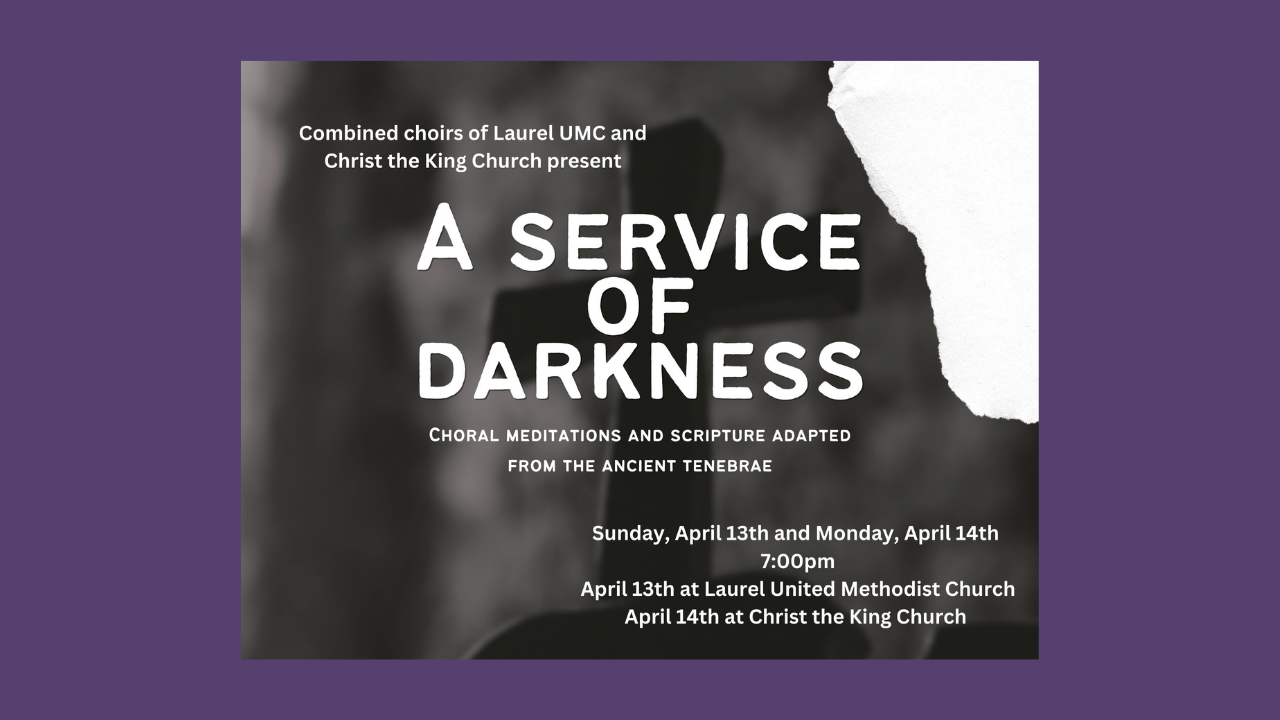"Guadete!" by Fr. Chris House
On this Third Sunday of Advent, Gaudete Sunday, we are invited, commanded actually (Gaudete is in the imperative form), to be joyful and there are three main reasons for that.
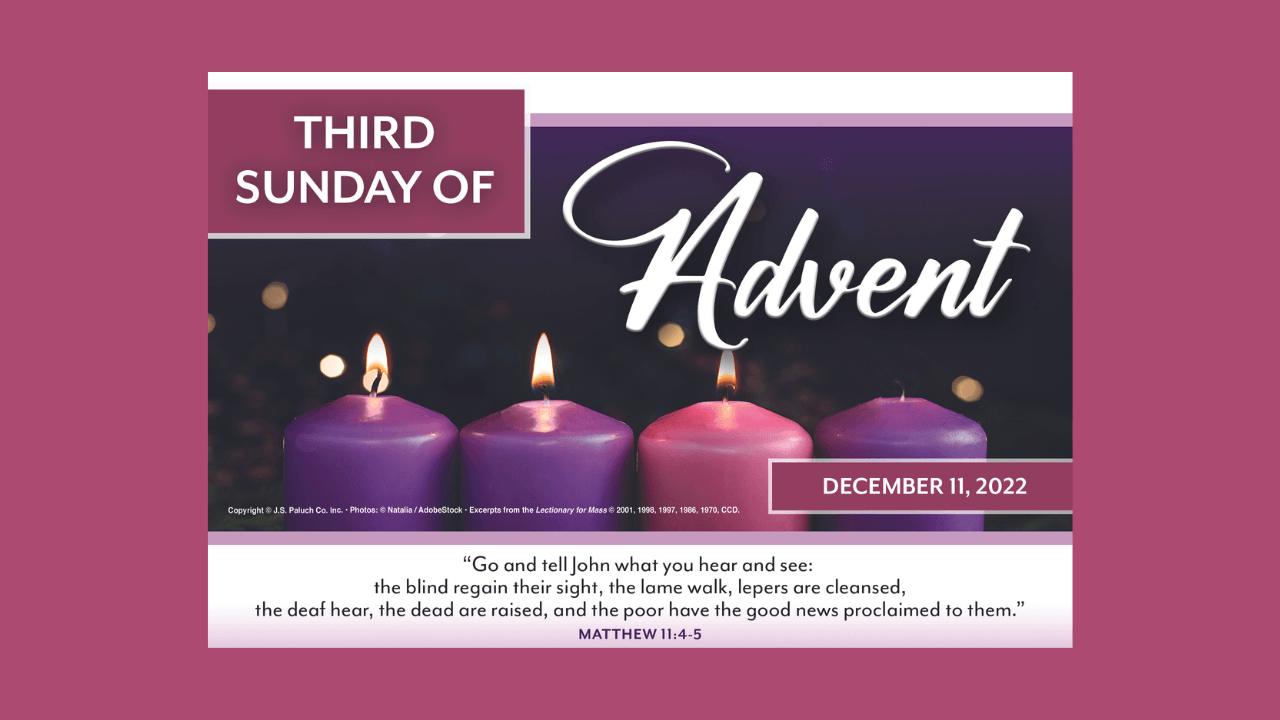
Gaudete!
On this Third Sunday of Advent, Gaudete Sunday, we are invited, commanded actually (Gaudete is in the imperative form), to be joyful and there are three main reasons for that. First, we are nearing the end of our Advent journey, which will give way to the joy of Christmas. Second, we can be confident in our Lord’s promise to return in glory, which will bring about the complete establishment of his kingdom and the final destruction of the reign of sin and death. Third, the Lord is already present. There is an old Latin saying that says vocatus atque non vocatus Deus aderit, meaning “called and not called, God is present.” The Lord is always in our midst. Sinners though we are, the Lord is never far; he never forsakes us and that is reason enough to be joyful today and every day.
Love Came Down at Christmas Cantata
Our choir here at CTK and the choir of Laurel United Methodist Church are performing the Love Came Down at Christmas Cantata this Sunday, December 11th, at 4PM at Laurel United Methodist Church and here at CTK on Monday evening, December 12th, at 7:30PM. All are welcome to these free performances. Please take the opportunity to enjoy one of these wonderful performances that will be the fruit of a labor of love from our choir and musicians!
Vigil of the Longest Night
We will once again be having the service of the “Vigil of the Longest Night” at 7:00PM on Wednesday, December 21st. While many people may be feeling a rush of excitement in the days leading up to Christmas, others may feel something quite the opposite: stress, anxiety, or grief from the loss of a loved one, a broken relationship, or some other hardship in life. This service is held on the first day of Winter, the longest night of the year, to remind us that God is always present, and calling us to find hope and peace in him. Afterwards, the church will remain open until 10:00PM for anyone who wishes to sit and pray in the silence after the service, or to stop by later in the evening for some quiet time. The empty manger will be placed at the foot of the sanctuary to collect prayer intentions from anyone who wishes to leave them. Even if you are full of Christmas joy and anticipation, perhaps consider coming to pray for those who are finding the season challenging. All are welcome.
Santa Brunch and Giving Tree
Thank you to the Men’s Club for hosting “Breakfast with Santa” last Sunday. It was wonderful morning for those who attended. Also a tremendous thank you to everyone who donated to the Giving Tree. I know that many in our parish are facing some growing fiscal challenges so I am even more grateful for your generosity.
Diocesan Year of the Eucharist and Centenary Celebration
As you hopefully already know through reading the Catholic Times, the Church in the United States is currently in a multi-year Eucharistic Revival and we have just begun our diocesan year of the Eucharist. This is also coinciding with the centenary of the diocesan see (seat) being transferred from Alton to Springfield in 1923. In celebration of this particular centenary, the Holy See has granted the possibility to receive a plenary indulgence to anyone who makes a pilgrimage to either the Cathedral in Springfield or to Ss. Peter and Paul Church in Alton (the former cathedral), while also fulfilling the normal conditions for an indulgence. I would like to refer you to Bishop Paprocki’s column in this week’s Catholic Times for more detailed information. You can also find the Catholic Times online anytime at ct.dio.org. In the new year, we will continually announce opportunities for faith formation and liturgical celebration opportunities here in the parish to help us grow in our knowledge of and devotion to Our Lord Jesus Christ in the Most Holy Eucharist.
Masses for Christmas and Mary, Mother of God (New Year’s Day)
While both Christmas and the Solemnity of Mary, Mother of God (New Year’s Day) fall on Sundays this year, there will still be modified schedules for both weekends. The Masses of Christmas are Christmas Eve, Saturday, at 4PM, 6:30PM, and 10PM. Mass on Christmas Day, Sunday, will be at 9:30AM. The Masses for Mary, Mother of God (New Year’s Day) will be on Saturday at 4:30PM and on Sunday at 8AM and 10AM. There will be no 5PM Mass on New Year’s Day, Sunday, January 1st.
Blessings to you and yours for the week ahead!
Father Chris House
